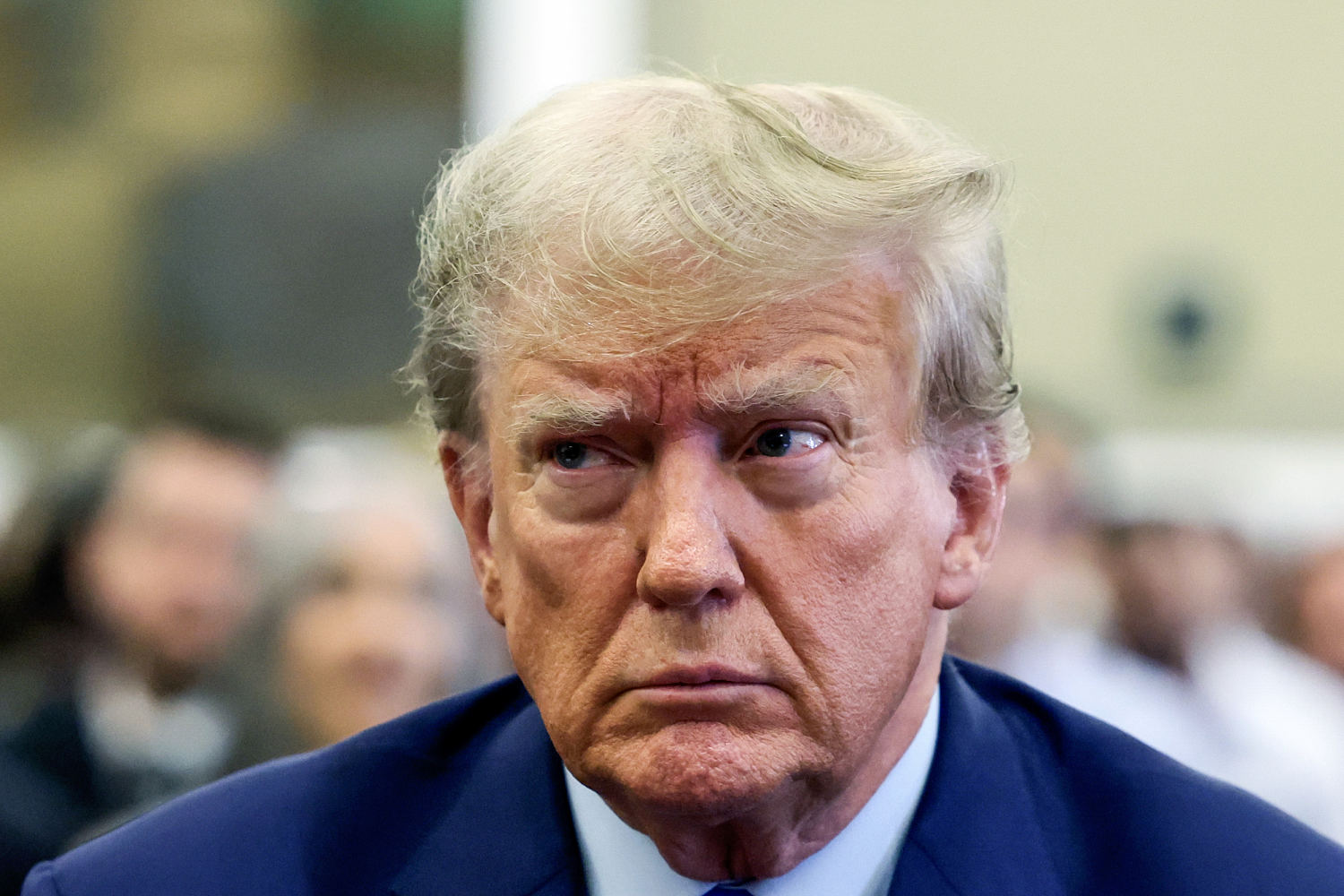[ad_1]

WASHINGTON — Donald Trump is responsible for the events at the U.S. Capitol on Jan. 6 because they were the “culmination” of his conspiracies to overturn the 2020 presidential election, special counsel Jack Smith’s office says in a new filing in the former president’s federal election interference case.
The filing comes in response to Trump’s motion to strike “inflammatory” references to the violence of Jan. 6 from his criminal indictment on four charges related to his alleged efforts to interfere with the certification of Joe Biden’s electoral victory.
Senior assistant special counsel Molly Gaston called Trump’s motion a “meritless effort” to evade allegations that Trump was responsible for events at the Capitol that day.
“Indeed, that day was the culmination of the defendant’s criminal conspiracies to overturn the legitimate results of the presidential election,” she wrote.
An attorney for Trump did not immediately respond to a request for comment on Monday.
The special counsel’s office also filed separate memos opposing Trump’s effort to dismiss the case. Trump previously filed two motions to dismiss on various constitutional grounds and a failure to state a claim.
Assistant special counsel James Pearce, in response to Trump’s claim that he couldn’t have known his actions were criminal because others in the past were not prosecuted for protesting election results, argued that “the defendant stands alone in American history for his alleged crimes. No other president has engaged in conspiracy and obstruction to overturn valid election results and illegitimately retain power.”
The special counsel also argued there is “no indication of selective or vindictive prosecution.” Trump has accused prosecutors of leveraging a “retaliatory response” to his decision to run for president in 2024.
“The factual and legal record contain absolutely no indication of selective or vindictive prosecution,” senior assistant special counsel Thomas Windom wrote in a filing Monday, arguing that Trump had failed to provide the “rigorous proof necessary” to establish such a claim.
In total, Trump has made four attempts to dismiss the federal indictment in Washington, D.C., on charges related to interfering with the 2020 presidential election.
The former president also filed a motion to dismiss the case on Oct. 5, on the basis of presidential immunity. That motion now awaits a ruling from U.S. Judge Tanya Chutkan, who is presiding over the case.
Prosecutors from the special counsel’s office argued in a filing Monday that Chutkan should deny a request from Trump to halt the trial pending resolution of his motion to dismiss on the basis of presidential immunity.
Gaston urged Chutkan to prioritize ruling on that motion and the motion to dismiss the case on constitutional grounds because they are immediately appealable. She also accused Trump of trying “to delay trial at all costs and for as long as possible.”
“To limit such disruption, the Court should promptly resolve the defendant’s immunity motion, as well as his double jeopardy claim…so that the Government can seek expedited consideration of any nonfrivolous appeal and preserve the Court’s carefully selected trial date,” Gaston wrote.
The trial in the election interference case is scheduled to begin on March 4.
Daniel Barnes reported from Washington and Zoë Richards from New York.
[ad_2]
Source link
